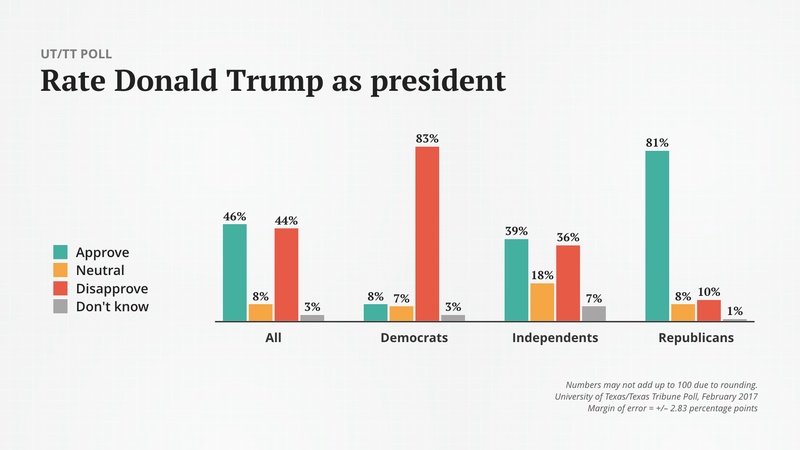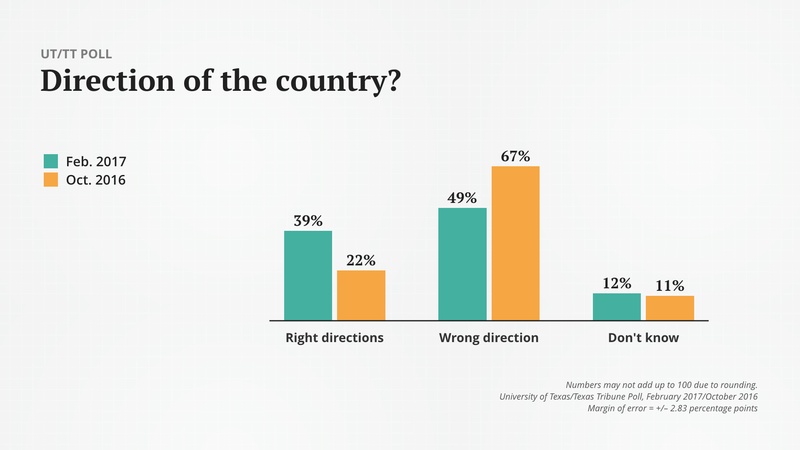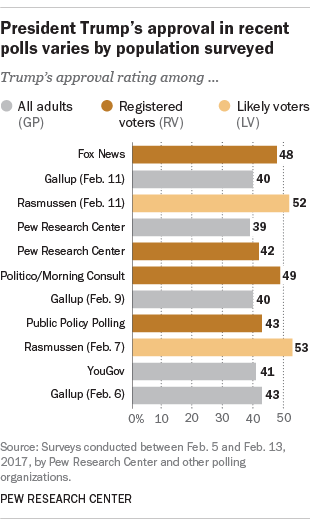We discussed whether the constitutional ban - in the Texas Constitution mind you - against debtors prisons is routinely violated when people are sent to jail for unpaid tickets. Apparently some in the legislature agree.
- Click here for the article.
- Click here for the article.
Drive with an invalid license, drink one too many beers in public or let your dog run free where leash laws say you can’t, and you could get hit with a fine. If you don’t have the money to pay, you could end up serving time in jail instead.
Republicans, including the Texas Supreme Court chief justice and the chair of the House Corrections Committee, want to dismantle that practice, which they say violates the U.S. Constitution and traps thousands of indigent Texans in a cycle of debt.
Jailing a person for his or her inability to pay a fine is illegal under state and federal law, and multiple U.S. Supreme Court rulings have declared the practice unconstitutional. The Texas Constitution states, “No person shall ever be imprisoned for debt.” Yet de facto debtors’ prisons still operate across the state.
During his State of the Judiciary address earlier this month, Chief Justice Nathan L. Hecht said more than half a million minor offenses resulted in defendants sitting out fines in jail last year. Texas judges presided over 7 million such cases, which produced more than $1 billion in fine revenue in 2016, he said. The majority of defendants paid and moved on with their lives, but in 640,000 cases, defendants ended up behind bars.
“It’s very problematic when we’re confining people who cannot pay,” state Representative James White, R-Hillister, who heads the House Corrections Committee, told the Observer. “We’ve got constitutional issues, cost issues, common sense issues and compassion issues here.”



